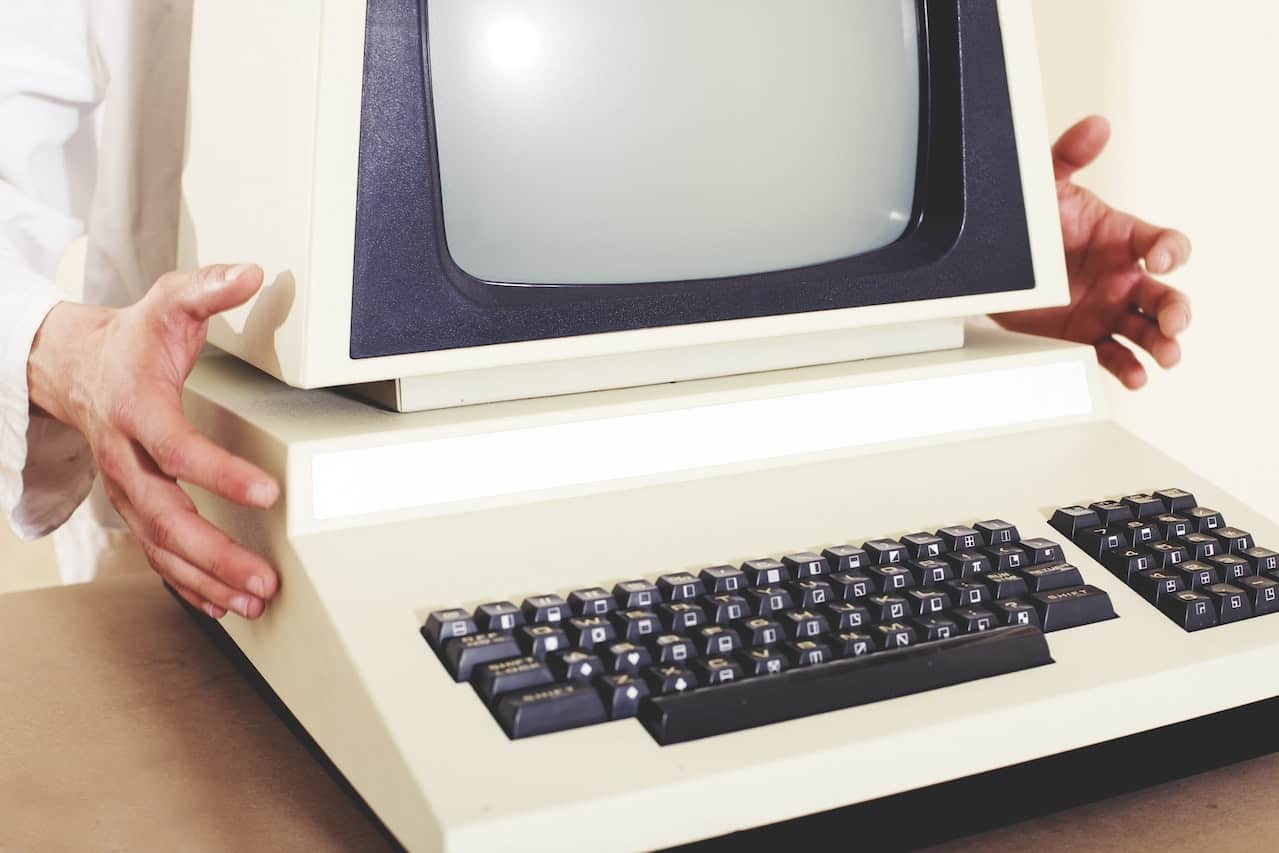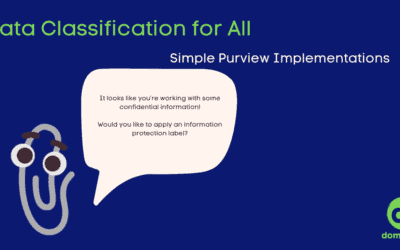Has your MSP reached out to tell you that your hardware or software is out of date and you need to buy new stuff? I ran an MSP for five years, and I had to do it all the time. On its face, it may seem like we’re trying to make a quick buck. However, the truth of the matter is, you probably need to upgrade.
If I were trying to make a quick buck, I certainly wouldn’t pick hardware and operating system sales as a way to do it. There’s very little money to be made there. We truly are looking out for you. But, here’s why it matters…
Technology Moves Fast
It just is what it is. We see constant innovation in performance, form factor, security, software and OS capabilities, and more. The forced obsolescence argument simply does not pan out when the hardware inside your machine is constantly getting more and more out of date. It quickly becomes hard, and eventually becomes impossible for your IT company to keep you up and running (and secure) on aging equipment.
The average enterprise lifecycle of a workstation (desktop or laptop) is 3-5 years. I always encouraged my customers to aim for 3 years budgetarily, but always left room for 5. After 5 years, typically two generations of CPU, improved cryptography, improved graphics, etc. have all come onto market. Additionally, form factors have gotten better. You can likely get lighter, faster, easier to use hardware for a similar or even lower cost.
Security Moves Even Faster
Day-to-day, we need to patch our software to rid it of performance and security bugs. And then, every so often, we need to make a major software upgrade like moving from Windows 7 to Windows 10 and Windows 11. Each of these iterations make you more secure, fix performance problems, and adds features to your experience.
Now if we think about hardware. Your machine that shipped with Windows 7 may not even be Windows 11 capable .This isn’t a ploy from Microsoft to get you to buy a computer. Microsoft introduced a ton of security enhancements to protect you from common attacks. Some of these updates require specific hardware, like a TPM 2.0 chip. A TPM is a fancy, very secure calculator that stores and generates big, random numbers. It does all the cryptography work on your computer. Modern Intel and AMD processors have this built in, so you need one of those processors (or newer).
These security features are a massive step up over Windows 7 and even Windows 10. So, by getting you on the newest hardware, we unlock a lot of security tools we can use to meet our framework obligations. In the case of Windows 7, it’s important to note that those all important security patches are no longer made for Windows 7, save for exceptionally rare cases like the exploits behind WannaCry.
We want to keep things smooth
Much like a car, technology wears out. CPU’s can only do so many things, RAM only lasts for so many reads/writes. It is entirely true that your computer will simply “die of old age some day” and need to be replaced. Your equipment will just work better if you keep it in the average lifecycle, which will help your business continue to run at the speed it needs.
Dealing with Apps
Most businesses use some form of software to run things. Be it an ERP, a CRM, an EHR system, etc. Sadly, many of these systems stop getting critical updates and support. Sometimes the vendor disappears, sometimes you’re going to need to pony up for an upgrade. Sometimes, you’re going to need to move to a new tool that is currently supported, and the appropriate hardware, cloud services, or SaaS subscription to use it. Believe me, we understand the pain of switching core business apps. The truth is, it just becomes necessary sometimes. We’re advising you to do it for your own good.
Strategic Planning is Essential
To make this work for both you and your IT company, come to the table ready to build a strategy. If you’d like to target 5-year lifecycles for your hardware, say it. We can help you plan for these things and provide good tips on how to do it. I helped many of my customers accrue budget for these things. We also keep a detailed inventory of your hardware including when it was purchased. Most IT companies can factor your lifecycles into their system and provide detailed projection on which machines will need to be replaced when.
Another key tip is to split your hardware purchases. For my customers on 3-year lifecycles, we helped them get to a place of replacing 33% of their fleet every year. This made the budget consistent and easier to adhere to, meeting our goals. For companies with a lot of hardware, we may even be able to get you favorable pricing based on your projected purchases. We want to work with you, not against you to keep your business running smoothly and securely.




